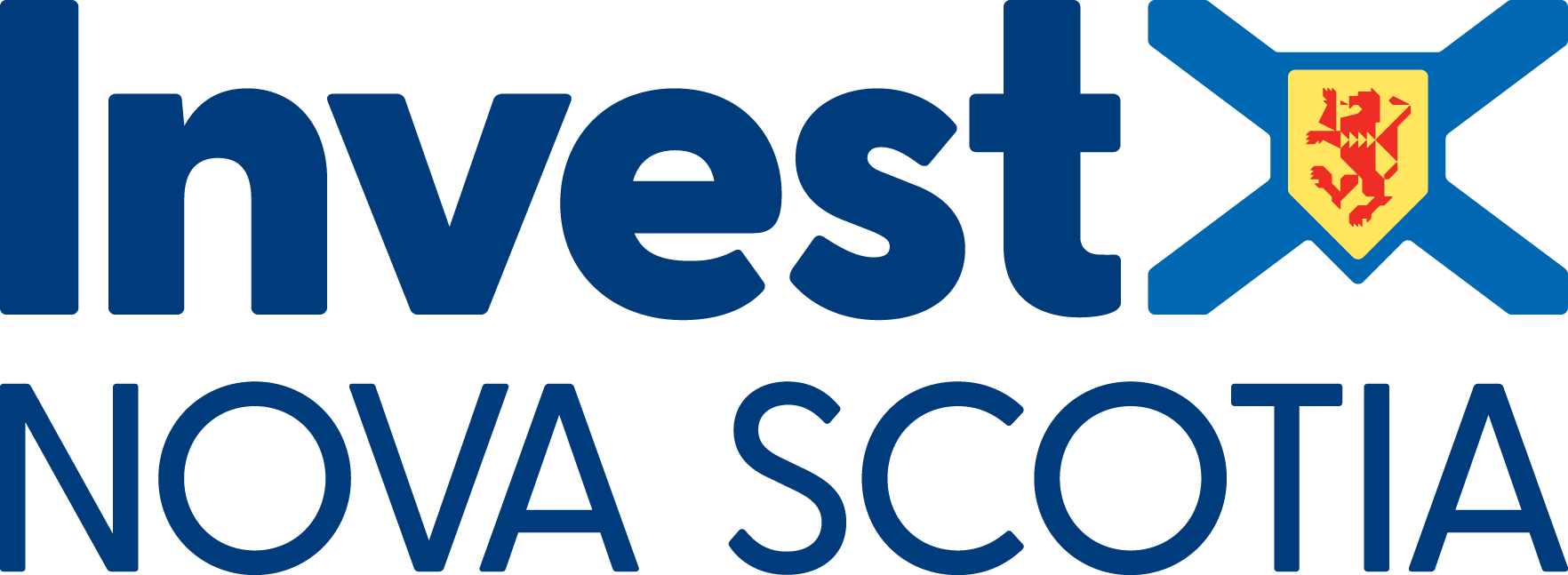Inclusive Opportunities: How the CGLCC works toward equal access for LGBT+ businesses
Wednesday, January 15, 2020
Every organization strives to find a competitive edge, a secret weapon that sets them apart. Some organizations are realizing that differentiator might just be supplier diversity.
Supplier diversity represents a great opportunity for organizations, large and small, to access new products, services, ideas and talents. Increasingly, corporate buyers and government procurement teams are looking at supplier diversity initiatives to create connections with new, previously untapped businesses.
Darrell Schuurman is the CEO of the Canadian Gay and Lesbian Chamber of Commerce (CGLCC), a certifying organization for supplier diversity and a supporter of LGBT+ business.
We sat down with him to learn how the CGLCC can help entrepreneurs across Canada, the challenges LGBT+ businesses face, and how any company can incorporate a more diverse supply chain into their business.
NSBI: What does the CGLCC do for businesses?
Schuurman: Our organization exists to support the development of LGBT+-owned businesses, so we focus our effort on three main areas; supplier diversity, youth in business, and global initiatives.
As part of our Supplier Diversity Program, we really try to make sure our members have access to large supply chains, the opportunity to get in front of the right people and bid on projects and are ready to participate in corporate and public procurement processes.
For young LGBT+ entrepreneurs, we offer support as they look to start or grow their own business. We do this by providing access to networks, resources, and an LGBT+ mentor. We are looking to expand this program nationally in 2020.
We’re also putting a new focus on export and listening to businesses to better understand how we can support our LGBT+ exporters. We’re working closely with Global Affairs Canada and Export Development Canada, and our network of LGBT+ chambers across the world, to help LGBT+ businesses expand globally. We are currently preparing for our second federal government supported LGBT+ trade mission to the USA, taking place in August, which is all about opening doors for our Canadian businesses.
As part of our Supplier Diversity Program, we really try to make sure our members have access to large supply chains, the opportunity to get in front of the right people and bid on projects and are ready to participate in corporate and public procurement processes.
NSBI: What type of challenges do LGBT+ businesses face?
Schuurman: Many challenges are common across all entrepreneurs: capital, resourcing, growing their customer base, and so on. Our job is to make sure we provide them with access to as much support as possible, and that we create the opportunity for them to build relationships with corporates and each other. However, LGBT+ entrepreneurs also face added challenges. Some still fear discrimination if they identify as LGBT+, which impacts their ability to be the best they can be. They may not come to us for support for this reason, or fully understand what we can offer them. That’s something we’re trying to overcome – letting LGBT+ entrepreneurs and businesses know that there is an organization out there working hard to help them grow and be successful.
NSBI: How can companies make their own supply chains more diverse?
Schuurman: Companies really need to put in a little extra effort when it comes to sourcing from diverse suppliers. Many companies believe their policies are inclusive, and they say they invite any and all suppliers to bid on a contract. Unfortunately, that’s not enough. You may say you are open, but in reality, there is a disconnect and we find that diverse-owned businesses are still underrepresented in the corporate and public supply chain. Often, it’s the result of companies just continuing to work with the same businesses they’ve always been working with. But when you do that, you not only limit the ability for diverse-owned businesses to have a chance and earn a seat at the table, you’re also limiting your own company’s growth potential as well.
NSBI: What can a Nova Scotia LGBT+-owned business do to access your services, or get more involved with the CGLCC?
Schuurman: The CGLCC is a national organization, so we can certify LGBT businesses in Nova Scotia and connect them to our network across the country. We coordinate collaborative networking events that any of our members can take part in. We don’t have a formal CGLCC chapter in Atlantic Canada (yet!) so we definitely want to get more LGBT+ businesses on the East Coast engaged with us.
Could Supplier Diversity programs work for your business? Contact Karen Willams, NSBI Export Development Executive, to learn more.





